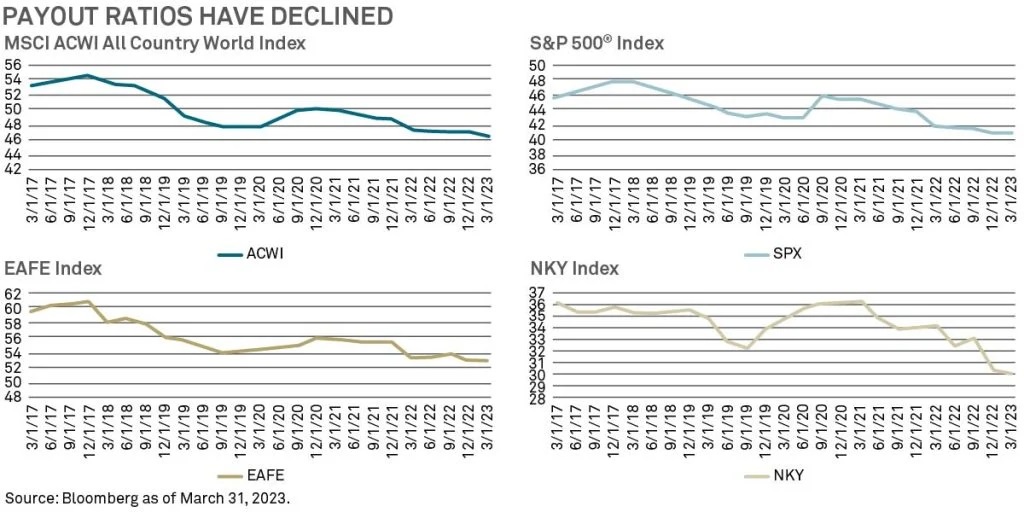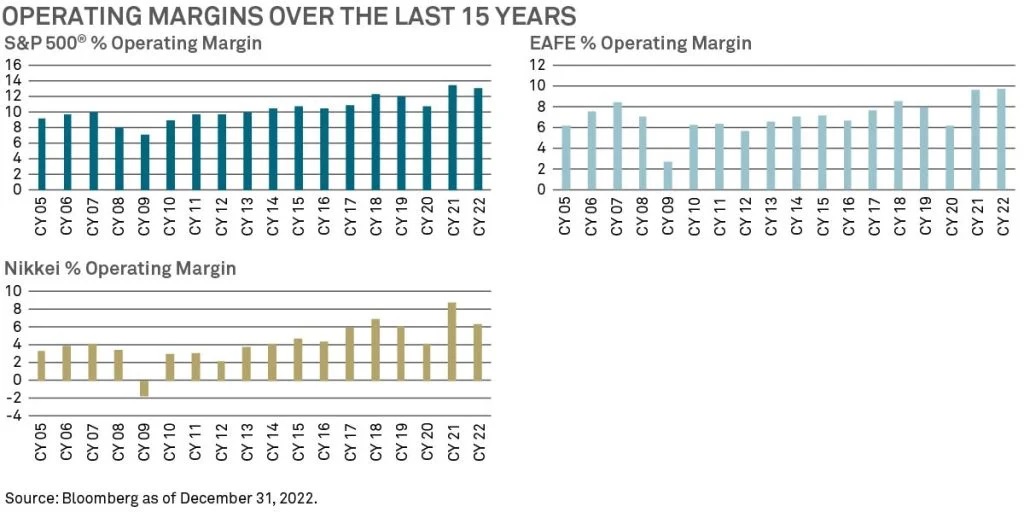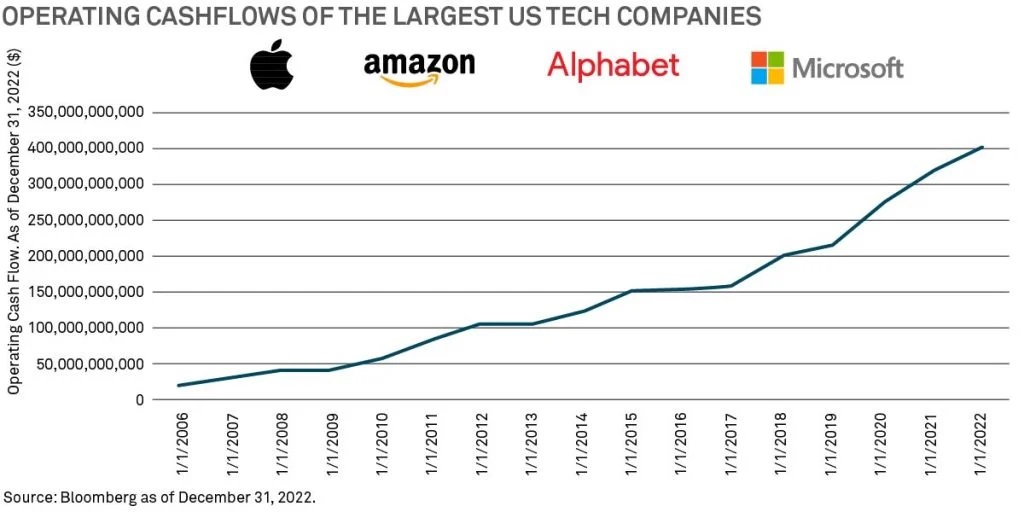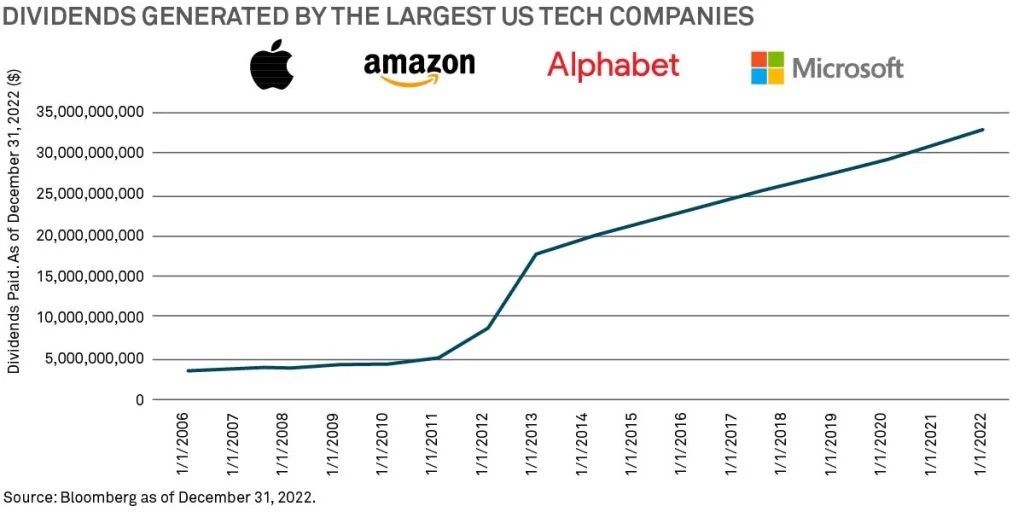12 Jul 2023
Newton’s Jim Lydotes thinks shareholders have been overlooked by certain companies in recent years, but he says some sectors are leading the way in terms of capital discipline, enabling them to pay dividends.
For the past decade many companies have been ill-disciplined, piling profits into quirky and extravagant employee perks at the expense of returning cash to shareholders, says Newton1 head of equity income and global income portfolio manager Jim Lydotes. But he thinks this is changing and sees a positive outlook for dividends, particularly in pharma and utilities.
Lydotes says one of the most decadent examples of an employee benefit over recent years is a Puppytorium where, as the name suggests, puppies are brought into the office and employees play with them to alleviate stress levels. “It almost felt like we were back in the tech bubble,” he says of this extravagance.
Lydotes thinks such elaborate perks were introduced to attract and retain staff against a backdrop of low unemployment. But, he adds, every dollar being spent on things like Puppytoriums is a dollar not coming back to shareholders in the form of dividends. “One thing we need to continuously remember is as equity holders, we are owners of the business,” he adds. “We need to start to emphasise that again.”
This is evident in the payout ratio for global equities (MSCI ACWI All Country World Index) over the last six years which has fallen from around 54% in 2017 to about 46%, as at January 2023. Yet the profitability of companies based on their operating margins has improved. For example, Lydotes says in 2006 the operating margin for the S&P 500 was about 9% but it reached about 13% by 2022. Even in Japan where people talk about slow growth and detrimental demographic trends, profitability has gone from about 3% in 2006 to about 6% in 2022, he notes.


Top dogs
Lydotes says there are some sectors doing it well. In particular, he notes payout ratios have climbed in the pharmaceutical sector. He says 20 years ago large pharma businesses tended to invest the proceeds from drug sales back into research and development (R&D) while giving little to shareholders as dividends. However, he says it is now common for R&D to be funded by venture capital and/or private equity before the pharma company steps in to take the asset to commercial relevance.
“They miss some of the early wins from the early-stage development, but it creates a business that is more predictable and investing in assets that are much more proven. The company is therefore able to generate more cash and give more back in the form of dividends.”
Another sector Lydotes flags is utilities. He says the business models here often involve investing a large sum of capital upfront to build, say, a pipeline or a power plant, but once the asset is in place it could last 50 years or more and during that time, does not tend to require large upkeep costs. In the meantime, these assets can generate cash to fund dividends, he adds.
In the doghouse
On the other hand, Lydotes says the tech industry “did not get the memo”. He points to the fact Apple, Amazon, Alphabet and Microsoft, none of which he holds, have seen a 10x increase in operating cashflows since 2007, with the four companies having a joint operating cashflow of US$350bn which is equal to the GDP of Pakistan. However, less than 10% of that, equivalent of the US state of Vermont’s GDP, is being returned to shareholders. “They don’t have a dividend policy that forces discipline in capital allocation,” adds Lydotes.
For all that though, Lydotes says there is evidence that the tone around capital discipline is starting to change. He says some tech companies have taken steps to operate in a more efficient way such as cutting non-viable projects. There are also examples of biotech companies not suffering even after missed drugs trials, he adds, which shows even in areas like tech and biotech fiscal responsibility is becoming more important.
Lydotes concludes: “Companies have not had a lot of capital discipline for the past 10 years, but it is changing, and can be imparted on a company through its dividend policy. I think that is something we need to focus on a lot more than the market has over the past 10 years.”


Investment Managers are appointed by BNY Mellon Investment Management EMEA Limited (BNYMIM EMEA), BNY Mellon Fund Management (Luxembourg) S.A. (BNY MFML) or affiliated fund operating companies to undertake portfolio management activities in relation to contracts for products and services entered into by clients with BNYMIM EMEA, BNY MFML or the BNY Mellon funds.